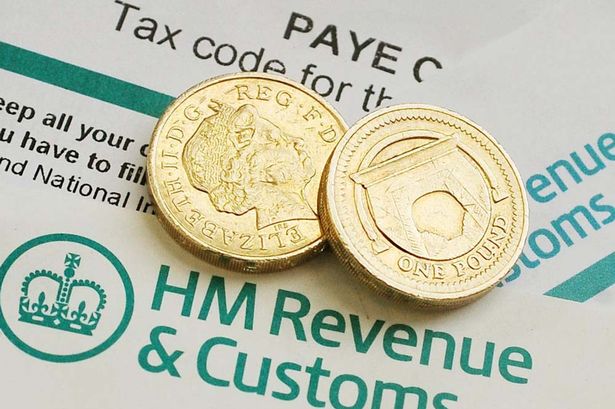The British tax man is warning that trying to save money by selling your company to one in Cyprus and switching earnings into capital gains does not beat the system.
HM Revenue and Customs (HMRC) says use of the tax avoidance scheme is growing.
The principle is switching income into capital gains saves tax by exploiting entrepreneur’s relief which is paid at 10%, compared to income tax charged at between 20% and 45% with national insurance as well.
HMRC says the scheme works by encouraging taxpayers who own their own companies to sell them to a company based in Cyprus and then to stay a director and work for them.
This allows the director to invoice for services event though company ownership has changed hands.
Entrepreneur’s Relief abuse
Under entrepreneur’s relief rules, any earnings in the first four years of new ownership are taxed as a gain rather than income.
However, the risk is if the company does not earn the expected income, the turnover is recalculated and a refund or extra payment is due depending on if the earnings are above or below expectations.
HMRC has issued a statement arguing the measure is an abuse of entrepreneur’s relief that will be challenged before a tax return is filed.
Any tax is also payable upfront.
“We will investigate the tax affairs of anyone who uses this scheme before they submit their tax return,” said an HMRC spokesman.
Artificial and contrived
“When a tax return is submitted HMRC will open enquiries into it and seek full payment of the tax due, plus interest. They will also charge penalties where appropriate.”
The spokesman also explained that advisers claim avoiding tax with the scheme is legal.
“The promoters say the scheme is legal as it’s a simple business transaction but it involves a number of artificial steps that are common in tax avoidance schemes,” he said.
“HMRC considers this scheme to be highly contrived.
“You may end up in court if you don’t pay the correct tax and national insurance. HMRC wins around 80% of avoidance cases that go to court. If you lose you could face life-changing bills, with legal costs on top of the tax you owe, penalties and interest.”
